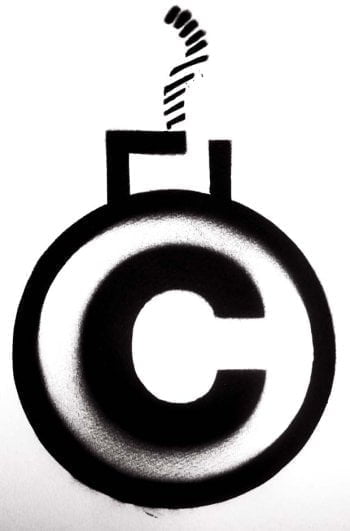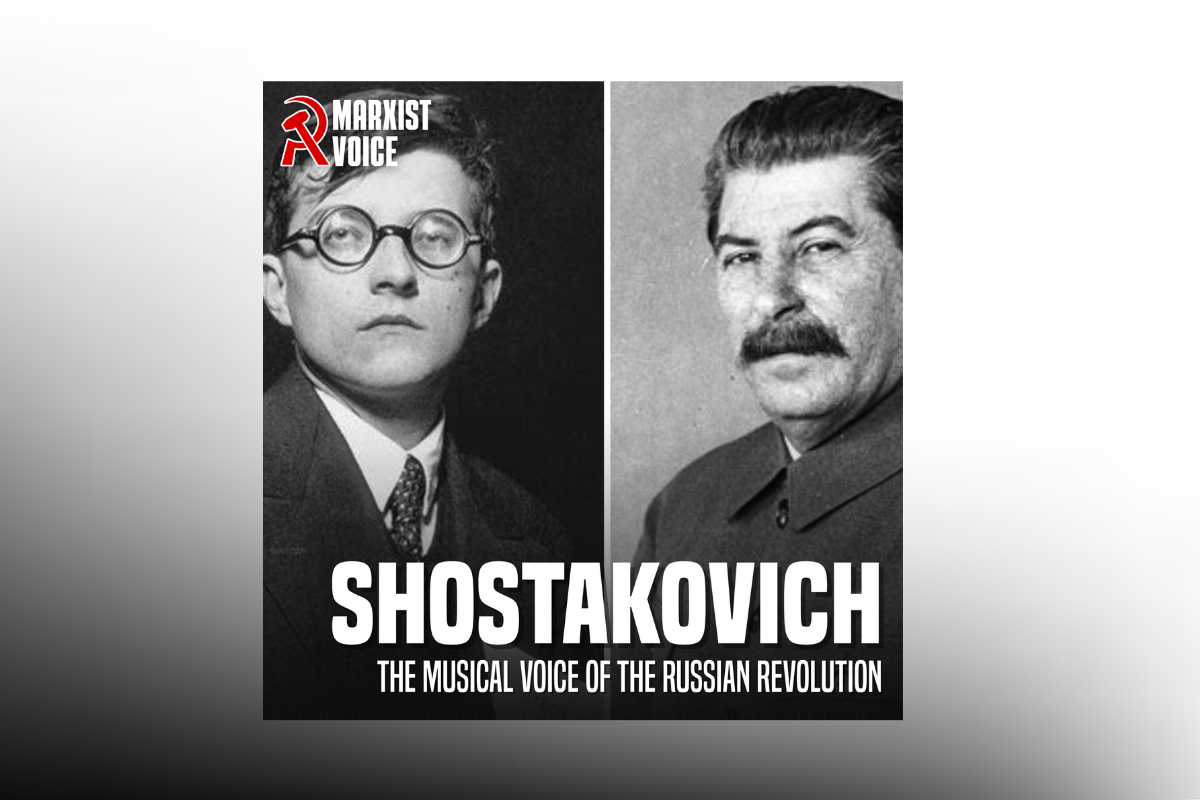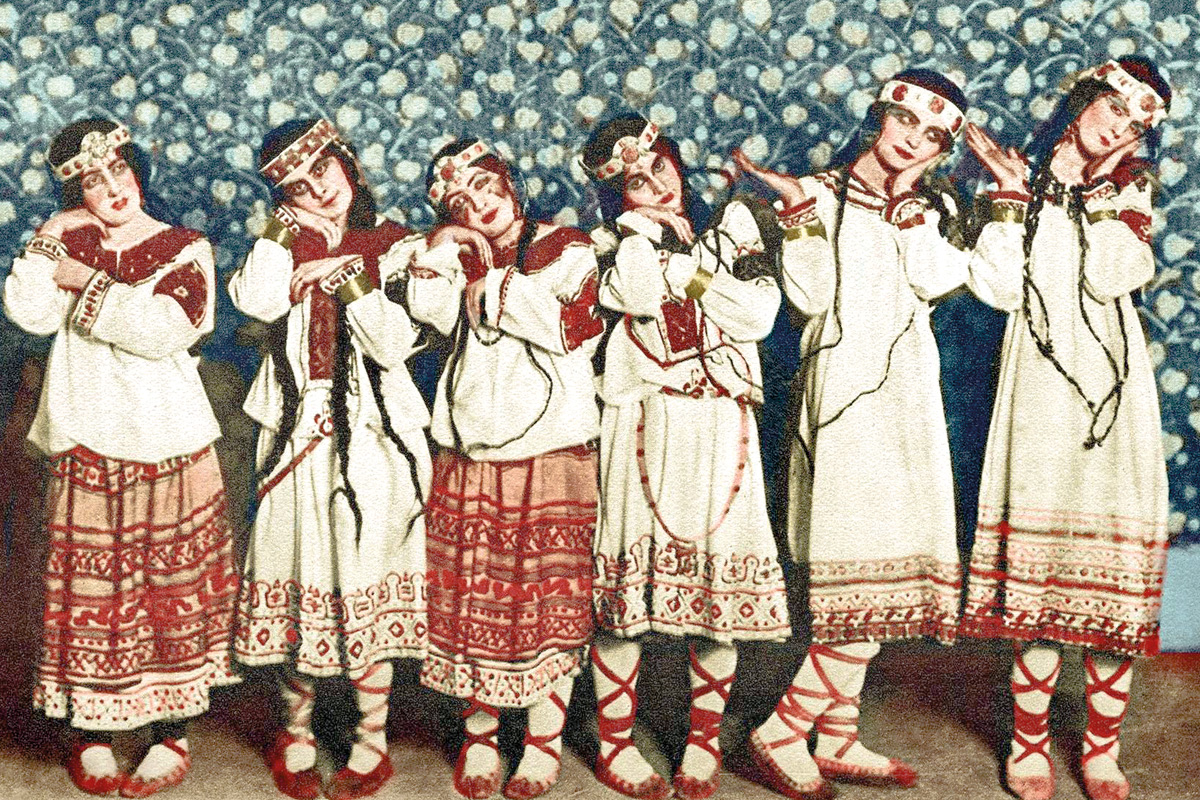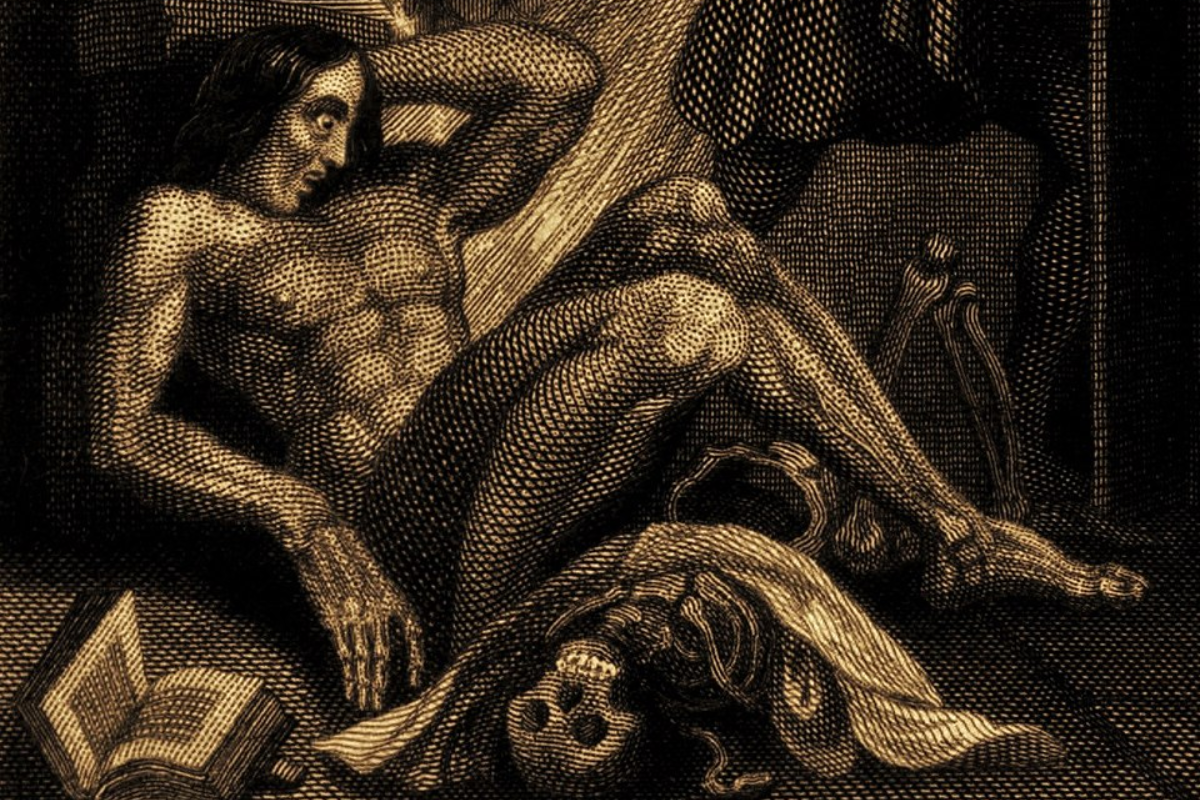Copyright is in crisis. Photocopying, scanning, audio and video recording, computers and now the internet have all made it increasingly difficult for the owners of copyright to enforce their rights. There has been a renewed effort, such as the Digital Economy Bill, to restore the balance of power in favour of big business, but levies and legal penalties only serve to patch holes in an already leaky system. The flaw lies not in the technology, or in piracy or file-sharing, as corporations would have us believe, but in the very notion of copyright.
Intellectual ‘property’ does not behave like material property. If I give you a physical object I may no longer have use or control of that thing, and may ask for payment in return. But when I give you an idea, I lose nothing. I can still use that idea as I wish. Therefore I need ask nothing in return.
People often say that if capitalists could bottle the air, then they would make money out of selling it to us. In the case of intellectual property they do something very similar. They try to put ideas, which are naturally as free as the wind, in boxes and make us pay for them.
So where should the boundaries between private and public intellectual property lie? What is the real impact on society of copyright laws? What would happen in a world without copyright? Are there any alternatives? Would humans stop creating if financial incentives were removed?
A little background
Copyright as we know it is a phenomenon of the capitalist system. It first came about in England in 1709 with the Statute of Anne, an act of parliament designed to give the capitalist class control over the production of books.
Capitalists argued that the right to control ideas is like the right to control a piece of land. This caused public outrage at the time – while the population at the same time were seeing their common land being stolen by the capitalist class – many cultural assets such as literature, poetry, music and plays were largely considered to belong to all.
Copyright is important, the capitalists postulated, because by granting the creator the right to exploit their work for a temporary period, it provides financial incentives for individuals to be productive in the first place. Without the incentive of temporary monopoly, less would be created.
The second justification is that without copyright, there would be no incentive to invest in costly mass production, in distribution and in the setting up of retailers. It’s true that the financial incentive certainly did lead to a lot of private investment, and subsequently to rapid development of mass productive techniques and more widespread circulation. However, the cost to society was the development of an increasingly wealthy and powerful capitalist class that expanded its programme of the privatisation of cultural assets – the performance of dramatic work was copyrighted in 1833; the Copyright Act 1842 established a protection for the performance of music works, and then literary works. In 1911, sound recordings and films were copyrighted; in 1956 cinema and broadcasts were copyrighted, and so on.
Contrary to popular belief, copyright law benefits big business far more than creators. Copyrights almost always end up in the hands of corporations. For example, authors often sign over their copyright to publishing firms in return for publication, distribution and marketing. Similarly, musicians often sign away their copyright to music labels. Even university academics are forced to sign over their copyright of the results of their own research to a publisher – with the effect that a lecturer or teacher cannot even make copies of their own articles to distribute to students for teaching purposes. The publishers and record labels then hold the monopoly over those works. Monopoly, as we have explained in previous articles, tends to lead to higher prices, to the disadvantage of consumers. Higher prices result in fewer sales, which leads to less music or books being produced for society to enjoy. In other words, copyright can lead to less output, not more, and society suffers culturally as a result. In the case of university work, the journals containing the results of their own research are often sold back to the university library at a very high price – hence the publisher, not the author, gains the material benefit.
Copyright also hinders creation. For example, DJs and Hip Hop artists often take samples of other people’s work, and use it to create new work. But they are often denied access to copyrighted material as labels strive to keep exclusivity. Where permission is granted, it is usually in return for a large fee, beyond what many artists can afford. Copyright, therefore, leads to the under-utilization of ideas. Many projects will never even get off the ground due to the high cost of using copyrighted material; such as a TV documentary that requires lots of expensive archival footage. Society suffers once again.
Incentives
So what about incentives? Would people still create new inventions or works of authorship without copyright? In fact, the internet is full of creative work done by people that seek no apparent financial reward: copyright free media, music and photos; the online encyclopaedia Wikipedia has been created entirely by volunteers; there are free online language translators; talented computer programmers have created a range of free software that is available to all. In fact, there is virtually nothing you can’t find on the internet these days, thanks to the passion and ingenuity of humankind.
Moreover, many important works were created before copyright was invented. One might argue that much more invention occurred after copyright and patents came into existence; however, one could also argue that patents and copyright were brought into law as the power and influence of industrial interests grew.
The argument that we need financial incentives to be productive seems patently false. Of course people need to make a living, but this is quite distinct from the intended purposes of the copyright system, which predominantly serves to generate profit for corporate capitalism.
There is also a strong argument that the significant extension of copyright terms over the decades has actually reduced the incentive to create. The original term of the Statute of Anne was 14 years. In 1814, it was extended to 28 years. It increased again in 1842 to 42 years. Nowadays, terms can last as long as 135 years. For printed work it is 70 years after the death of the author – how are you supposed to become inspired to create more if you’re dead? There is only one explanation – profit – not for the creator, but for big business.
Copyright also leads to waste, as many ideas will never have an active life of more than 135 years. By the time the copyright has expired, and the ideas are made available to the public, they may no longer be of any use. Only a small percentage of music, for example, will ever make it into the golden halls of fame.
There is also the effort spent on trying to prevent copyright infringement. Huge resources are used in drafting copyright legislation – much of which is almost impossible to enforce in the digital age. Vast sums of money are spent in court during copyright disputes. More waste is created in developing elaborate encryption and watermarks that try, in vain, to prevent copying of copyrighted material, such as e-books and DVDs. If we try to balance the very small benefit in terms of incentive, with the associated social costs, we come to the conclusion that the overall cost-benefit analysis is clearly negative. It seems though we, the public, have been sold the idea that copyright creates incentive, when it is in fact it seems better designed to make capitalists richer.
Alternatives
So what’s the alternative? Well, the Creative Commons is an interesting development. Set up in 2000, this online registry enables people to publicise their work, and design their own more progressive copyright licenses, ranging from some rights reserved, such as free only for non-commercial use, through to free use as long as the creator is credited. Many musicians have also found innovative ways to avoid signing away their copyright by distributing and selling their music over the internet direct to the consumer.
These are inspiring developments, but they don’t address the root cause of the problem – copyright exists because of the nature of the capitalist system. Media industries are undergoing a period of radical change as technical innovation and shifting consumer behaviour make themselves felt, but as long as the market economy remains, then we will never overcome the problem of private ownership and copyright. Giant firms, some old and some new, are quickly dominating the digital domain. Publishing is dominated by the likes of Thomson Reuters, Reed Elsevier, and Pearson, with Amazon and Apple closing in on the e-books market. Music and film is dominated by the big four: EMI, Universal, Warner, and Sony BMG.
The best way to deal with the restrictions of the copyright system would be to nationalise these monopolies, and integrate them into a socialist planned economy. Commodification of ideas and private profit would be superseded by the combined ingenuity and collective efforts of society as a whole. Only then would we be able to free ideas and knowledge from the shackles of copyright and patents and return them to the public domain – where they belong.






